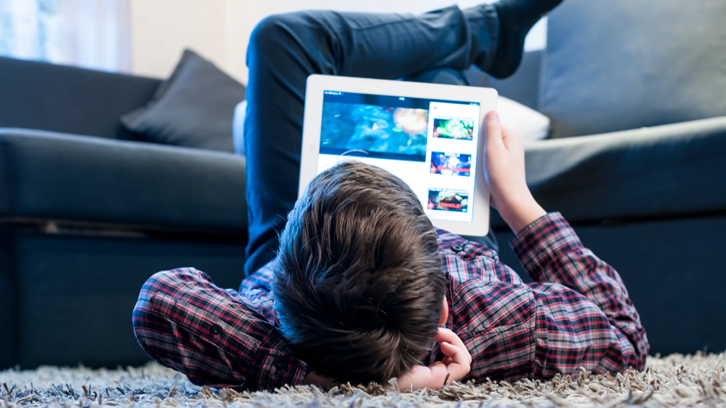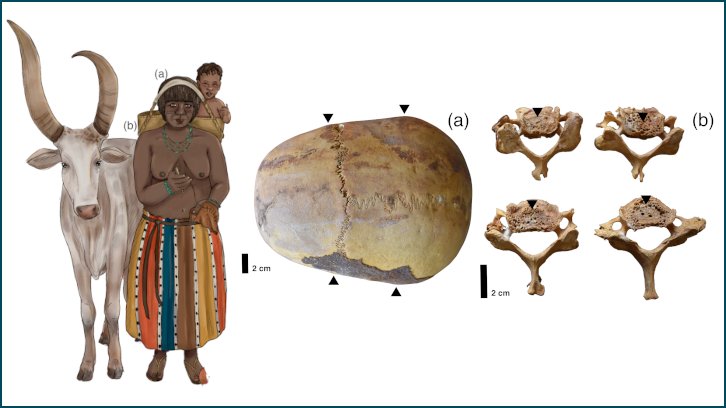Improper uses of ICTs among adolescents

Author: istockphoto/Yalana
Youngsters and adolescents are born in a generation where having computers, smartphones and other devices is more than usual. Their presence in the academic, domestic and leisure environment generates some certain negative or problematic impact that it is essential to acknowledge in order to start preventive activities and awareness actions addressed not only to youngsters but also to families and educators.
Drawing from a study developed simultaneously in 2014 in Catalonia, Madrid and Andalusia, and with the participation of adolescents, parents and educators, it has been diagnosed the current use of ICT in adolescents and a handbook has been created with tips and guidelines addressed to educational centers, youngsters and families.
The results of the study show that:
- 86.8% of adolescents between 11 and 18 years old have access to a computer and 85.1% have mobile phones, using them 3 hours on average for academic and social purposes. They use these devices mainly in their home, in streets and in educational institutions, less used are in their friends’ houses and other places like libraries, recreational centers or cybercafés.
- Around a quarter of youngsters assures that they have made an improper use of ICT sometime, using them to annoy their classmates or stealing personal information. 1 out of 10 have impersonated the identity of others or have offended someone with their comments or pictures.
- In the academic field, 13% confirm that their performance has deteriorated because of ICT, 19.1% think that technologies make them be more distracted in class, and almost half of them accept that their use make them lose time meant for academic purposes.
- In the social area, 24.1% of adolescents affirm that they have reduced the time meant for other activities that don’t require technological devices, 13.3% say that they have reduced their cultural trips, and 10.4% acknowledge that the time spend on-site with their friends has decreased, being alone more frequently since they are using technological devices.
Although the study did not find improper uses or abuses of ICT across the board, adolescents are a group which their extensive and improper use have a high risk of trigger problematic uses. Parents, educators and other educational agents should take charge of the task of informing, training and educating youngsters in self-regulation of ICT uses.
It is not about forbidding their use, but opting for a preventive and training statement. Having this purpose in mind, the Organizational Development Team (EDO) makes available to members of educational community the document: «Uses and abuses of ICT in adolescents. A Handbook for educational centres, families and youngsters», (available only in Spanish). This document offers tips and specific guidelines for educators, families and youngsters, as well as some data and information that exemplify and justify the importance of the aspects discussed.
Department of Applied Pedagogy


